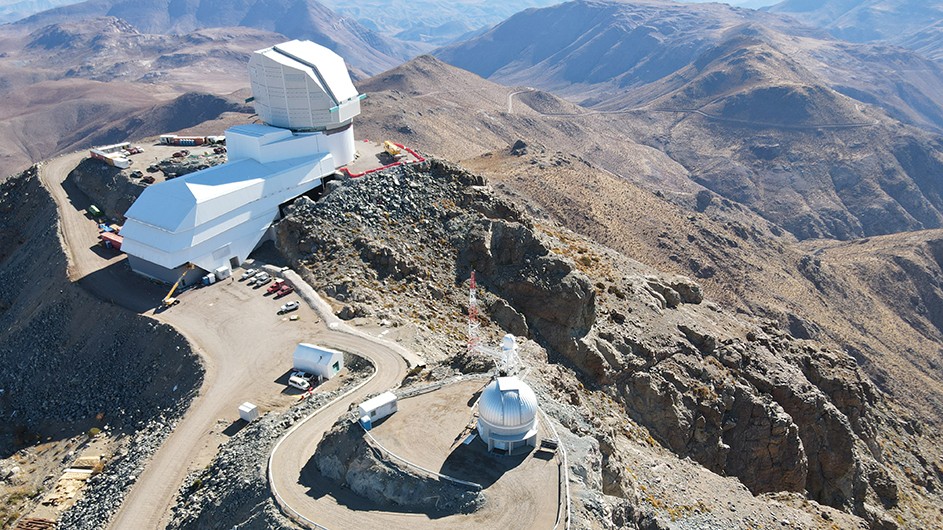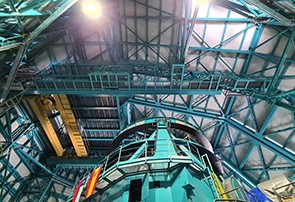The LSST Corp. (LSSTC), a non-profit consortium of research institutions that includes Columbia University, will oversee the Catalyst Fellowship for promising early-career researchers, including those from traditionally underrepresented groups. Based in Tuscon, LSSTC coordinates activities connected to the federally-funded Observatory.
The Catalyst Fellowship will fund 10 astrophysicists and several social scientists each year, with one fellow from each cohort stationed at a historically underserved institution. All will receive mentoring and leadership training by senior astrophysicists and social scientists.
“Big data is changing how we view the universe,” said LSSTC principal investigator Jennifer “Jeno” Sokoloski, director of the fellowship program, and an astrophysicist at Columbia. “It’s a perfect time to discover new ways of doing science. By training a diverse set of early-career researchers, the Observatory will be poised to make exciting scientific discoveries within its first few years.”
Over the next decade, researchers at the Rubin Observatory will create the first-ever multicolor movie of the changing southern sky. The project will generate dozens of terabytes of data per night, potentially holding answers to the universe’s most elusive secrets, including the nature of dark matter and dark energy, the origin of the periodic table of elements, and whether life exists beyond Earth.
Handling this much data presents extraordinary challenges: from managing and processing the information, to extracting insights from it.
"The Rubin Observatory data will be made publicly accessible, but not everyone has the skills to interpret them,” said Kathryn Johnston, co-chair of the program's steering committee and an astronomy professor at Columbia. “The fellowship program is committed to financing and supporting fellows at institutions with fewer resources to ensure that everyone has the tools to make use of the data.”
The three other Columbia astronomers involved in establishing the fellowship are Zoltan Haiman, Morgan May, and Mary Putman.

